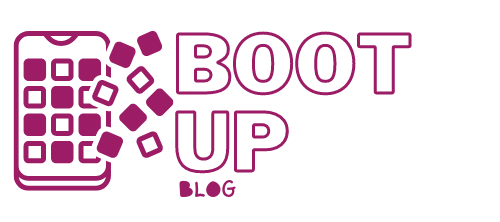Search Engine Optimization, or SEO for short, is the process used to optimize a website’s technical configuration, content relevance and link popularity so its pages are easier to find, more relevant and popular towards user search queries, and as a consequence, ranked better on search engines like Google or Bing.
By the time you reach the end of this sentence, more than 100,000 searches will have been performed on Google. Because most online experiences start with a search, and traffic from search engines can generate a large number of customers, search results matter. It’s how people look for online information, services and products and can be a cost-effective digital marketing strategy for sites to grow their online presence and their search traffic (without the advertising costs of paid search engine marketing).
If you have a website, that’s good news, because you can invest time and talent to create a site that makes you more likely to rank highly (or get the experts at Linkeo Ltd to do it for you).
To learn how, you need to understand how search engines work. Since Google is the most popular search engine out there (so popular that the action of doing an online search is called googling), let’s use them as an example.
When you enter a search term, Google’s algorithm determines which of the countless websites out there will be most relevant to you. It then lists the relevant sites taking into consideration their relevance and popularity – among other ranking factors – and shows them to you on a search engine results page.

The question most of you may be asking is – where does Google get thee sites from? There are 3 key processes, namely:
Crawling: Google is constantly searching the web looking for new or updated pages, simulating the behavior of users. It uses programs known as web crawlers, which follow links across the internet, a process also known as crawling, and report what they find to Google’s servers. That’s why it’s fundamental to make sure that your pages are accessible to be crawled and your site architecture should facilitate navigation across all site pages, by the effective usage of internal linking.
Indexing: When Google’s web crawlers return information about a website, a collection of internal servers analyzes each page’s content to determine its topics. If Google considers that the page information can be useful and relevant to be shown in search results, it will keep it in its index ready to be served whenever someone searches for a relevant topic.
Ranking: When someone conducts a search, Google determines which pages appear first to provide the best user experience by considering factors such as the words used in the search query, the user’s location and more. The ongoing challenge of SEO is making sure that pages on your site perform better than all others about the same topic, taking into account the above-mentioned SEO factors, so a page can continue to perform better in search results, independently of algorithm changes.

What Helps You Rank Higher Today?
Since the 1990s, search engines have used algorithms to determine what sites should show up first on their results pages. What those algorithms prioritize, however, has changed—a lot. Since the days of keyword stuffing, Google has been working hard to understand what makes a website relevant and informative. It applies this knowledge every few months when it releases a new update designed to rank sites more effectively.
Google still considers the usage and inclusion of the targeted keyword within the content when ranking websites, although the quality of the information matters too. That’s why it’s important to start the SEO process by doing keyword research, the research process that will help you understand how your target audience searches. Keyword research will help you to identify how to make sure that different areas of your pages are relevant and descriptive to the most popular and relevant users searches that you want to rank for.
There are several more factors around good SEO that we will need to explore in a follow-up post, such as on-page vs off-page SEO and their importance. Look out for that post in the near future. However, if you can’t wait, be sure to check out Linkeo Ltd’s website here for more details on our services.

